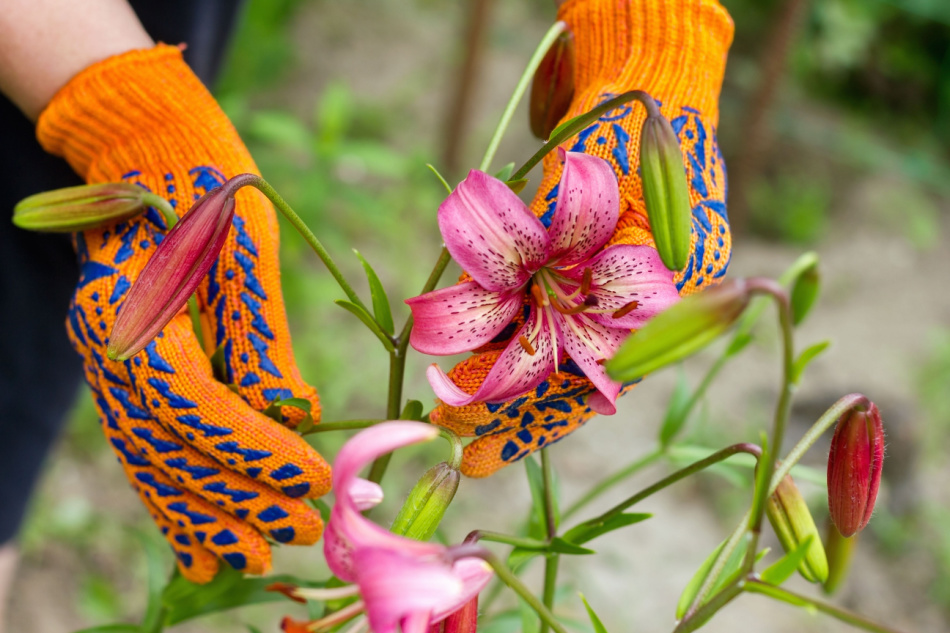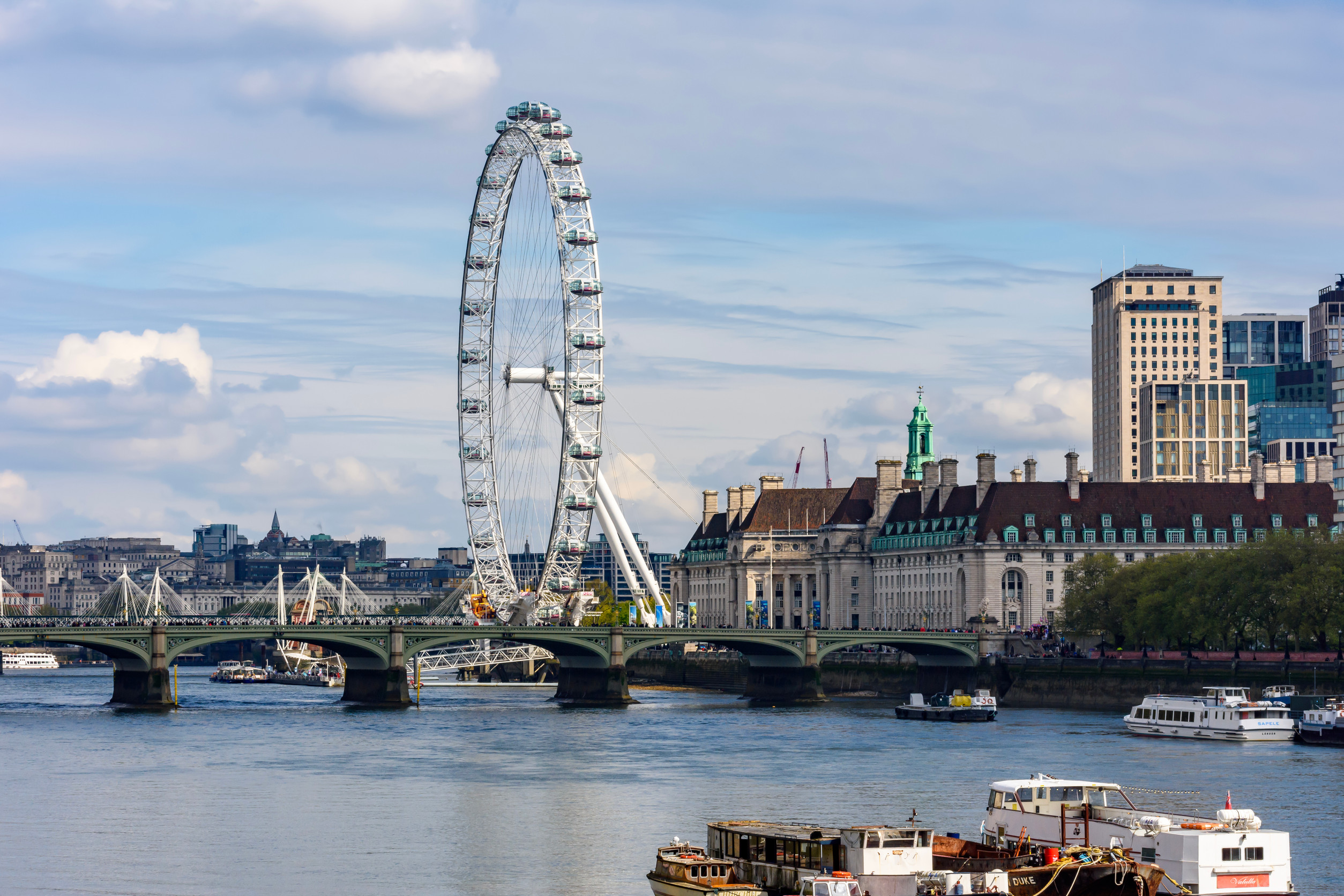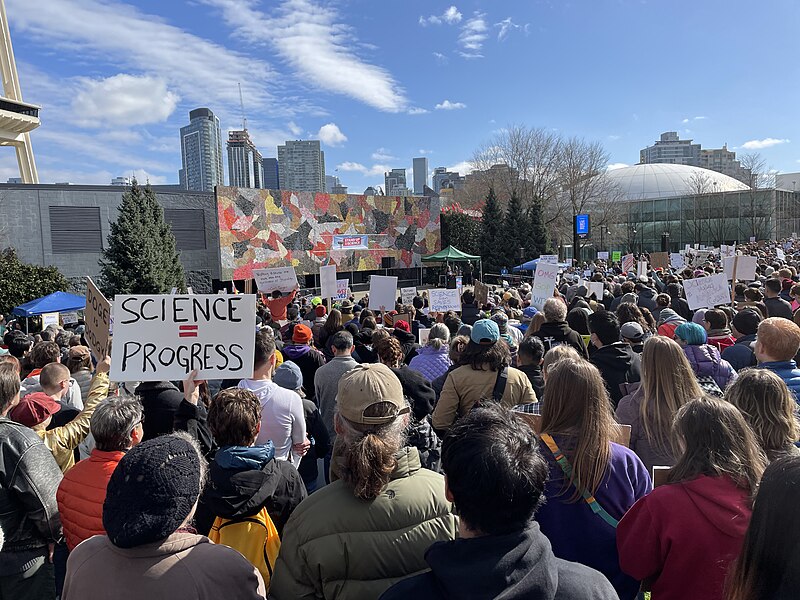The holiday season rush begins in October in the world of air travel. As passengers prepare to take to the skies, health remains a key focus. Dr. Henry Ting, MD, MBA, who took over as Delta Air Lines’ Chief Health Officer in 2021, is leading the push in this area. Dr. Ting’s responsibilities have recently grown to include a broader variety of passenger health and safety activities, after originally focusing on pandemic-related concerns.
Improved in-flight medical equipment: real-time assistance
The enhancement of Delta’s in-flight medical equipment is one of the important steps accomplished under Dr. Ting’s direction. MedLink, a game-changing app, now allows cabin crews to speak in real-time with on-ground medical professionals in the event of an in-flight medical emergency. Dr. Ting explains, “We sought to look at the most common medical emergencies we encounter and to provide the incremental equipment that we feel will make a better diagnosis.”
Delta has also invested in onboard diagnostic technology such as pulse oximeters and automated blood pressure cuffs to increase the accuracy of medical examinations in flight.
Resolving common in-flight health concerns
In-flight health issues often manifest as neurologic or pulmonary symptoms, including temporary loss of consciousness, seizures, shortness of breath, chest pain, and chest heaviness. Delta’s improved tools are designed to help cabin crew quickly identify the source of these symptoms, assuring passenger safety and well-being.
5 things to avoid when flying
While Delta has made significant improvements in in-flight health management, customers can also play an important part in their own well-being while flying. Dr. Ting offers five critical pointers for a better and safer flight experience:
1. Sipping on too much alcohol
Excessive drinking before or during a flight can cause dehydration, aggravating the effects of the cabin’s low humidity. Dr. Ting advises moderation, emphasizing, “Do things in moderation like you would in real life.”
2. Packing medications in your checked bag
Essential medications, especially those that require immediate action, should be carried in your personal item or carry-on. This precaution ensures you’re prepared for any eventuality, including delays or lost luggage.
3. Taking sedatives, even if you’re a nervous flyer
Sedatives may appear appealing to nervous fliers, but Dr. Ting warns that they might have counterintuitive effects, inducing restlessness rather than serenity. He advises other ways to unwind, such as wearing comfortable clothing and eating favorite snacks.
4. Remaining seated for the duration of long-haul flights
Long-haul flights can result in prolonged periods of inactivity, which can be hazardous to one’s health. Dr. Ting advises rising up and moving about on a regular basis, even if it’s just a brief walk to the bathroom or some seated exercises.
5. Leaving your mask behind
COVID-19 may feel like it’s in the past, but respiratory infections are still a threat. Dr. Ting suggests packing a mask on your carry-on to guard against numerous airborne ailments, noting that “it doesn’t even have to be COVID.”
Travelers can contribute to their well-being and enjoy a stress-free flight by following Dr. Ting’s suggestions and making deliberate decisions, about whether the flight is short or long.











